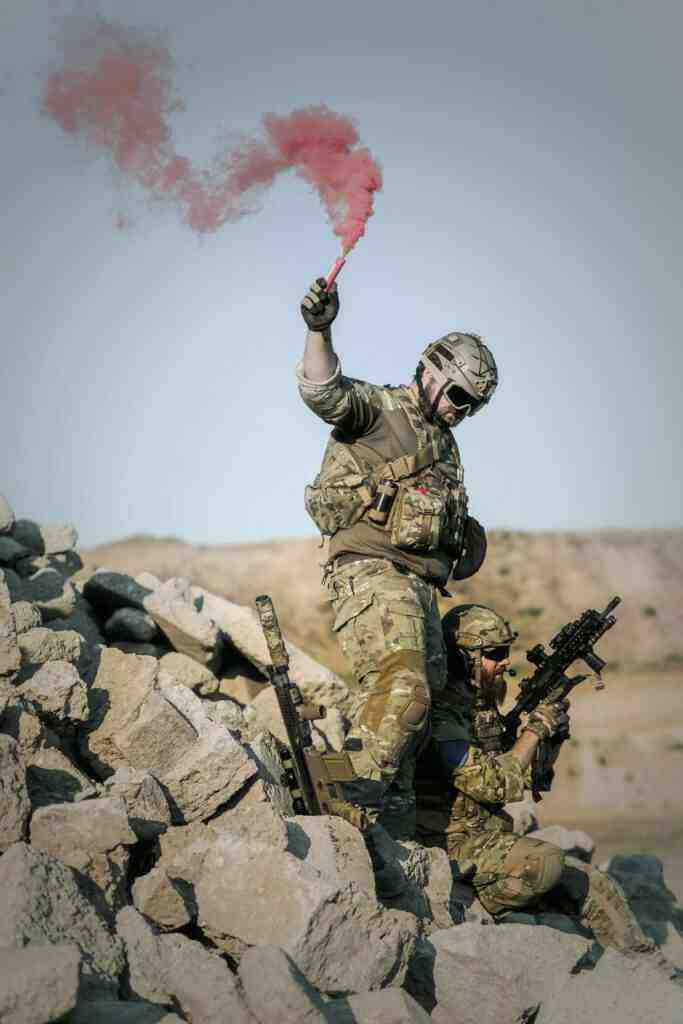Expedition 70 and Axiom Mission 3: Advancing Biomedical Research and Technology in Space
Date: 2024
The year 2024 marks a pivotal moment in space exploration as Expedition 70 and Axiom Mission 3 (Ax-3) crew members embark on a comprehensive research agenda aboard the International Space Station (ISS). This ambitious mission delves into the frontiers of biomedical science and advanced technology, seeking to expand our understanding of health, unravel the mysteries of space, and pave the way for future long-duration missions.
Cancer Research and Space Botany: Unraveling Mysteries and Seeking Solutions
At the heart of the Ax-3 crew’s biology work lies the exploration of cancer research and space botany. Pilot Walter Villadei meticulously observes cancerous cell cultures inside the Kermit microscope, seeking to understand how microgravity conditions and radiation affect cancer growth. His findings could lead to novel treatment strategies for cancer patients on Earth and contribute to the development of countermeasures for astronauts during extended space missions.
Meanwhile, Mission Specialist Alper Gezeravcı processes microbe samples in petri dishes for a study that investigates the potential of propolis, a natural antibacterial agent, in maintaining clean surfaces on the space station. This research holds promise for improving healthcare both on Earth and during long-duration space missions, where maintaining a sterile environment is paramount.
Robotics and Remote Control Experiments: Paving the Way for Future Exploration
Robotics plays a pivotal role in the Ax-3 science mission. Mission Specialist Marcus Wandt engages in a series of experiments involving the remote control of robots on Earth from the space station. The Surface Avatar study delves into the feasibility of orbit-to-ground control of robots, a capability that could prove invaluable in future missions to Mars or asteroids. This technology has the potential to revolutionize space exploration by enabling scientists and engineers to conduct experiments and collect data from afar.
Commander and former NASA astronaut Michael López-Alegría lends his expertise in assisting his Ax-3 crewmates and servicing life support hardware aboard the ISS. His experience and leadership are instrumental in ensuring the smooth operation of the mission and the safety of the crew members.
Mental Health and Supportive Technologies in Space: Ensuring Well-being During Extended Missions
The well-being of astronauts during extended space missions is paramount. Station Commander Andreas Mogensen of ESA (European Space Agency) explores the potential of virtual reality (VR) in sustaining mental health during long-duration missions by watching a VR movie. His findings could lead to the development of VR-based interventions to mitigate the psychological challenges of space travel.
He also sets up the Kermit microscope and the Life Science Glovebox to support Ax-3 research. Flight Engineer Satoshi Furukawa from JAXA (Japan Aerospace Exploration Agency) assists NASA Flight Engineer Loral O’Hara in cleaning cooling loops inside U.S. spacesuits, ensuring their readiness for future spacewalks. This meticulous maintenance is essential for the safety and success of astronauts during extravehicular activities.
Preparations for Cygnus Spacecraft Arrival: A Critical Resupply Mission
In anticipation of the arrival of Northrop Grumman’s Cygnus space freighter, NASA Flight Engineers Jasmin Moghbeli and Loral O’Hara conduct practice sessions using a computer to capture the spacecraft with the Canadarm2 robotic arm. This critical resupply mission will bring essential supplies and equipment to the ISS, ensuring the continued success of the mission. The safe and efficient capture of the Cygnus spacecraft is a testament to the skill and expertise of the ISS crew members.
Roscosmos Science Tasks and Cardiac Study: Russian Crew Members Contribute to Diverse Research
The three Roscosmos cosmonauts aboard the ISS remain focused on their own set of science tasks. Veteran cosmonaut Oleg Kononenko participates in a long-running cardiac study, strapping sensors to himself to measure his heart activity in microgravity. His data contributes to our understanding of the effects of space travel on the human body and helps inform countermeasures to mitigate these effects.
Flight Engineer Nikolai Chub explores futuristic robotic and spacecraft piloting techniques on a computer, potentially informing future planetary missions. His work could lead to the development of more autonomous and efficient spacecraft, reducing the need for human intervention and enabling more ambitious space exploration missions.
Flight Engineer Konstantin Borisov swaps out a lens on a camera pointed toward Earth and participates in a space digestion study with Chub. Later, Borisov conducts a medical examination of Chub’s optical nerve, retina, and cornea using standard imaging hardware found on Earth. These studies contribute to our understanding of the effects of space travel on the human body and help ensure the health and safety of astronauts during long-duration missions.
Upcoming SpaceX Crew-8 Mission Briefings: A Look Ahead
As the ISS crew continues their groundbreaking work, preparations are underway for the upcoming SpaceX Crew-8 mission to the space station. On Thursday, NASA TV will host two news conferences: one at 1 p.m. EST with mission managers discussing the SpaceX Crew-8 mission and another at 2:30 p.m. EST featuring the SpaceX Crew-8 mission members introducing themselves ahead of their launch next month. These briefings will be streamed live on NASA+ and various other platforms, allowing the public to stay informed about the latest developments in space exploration.
Conclusion
Expedition 70 and Axiom Mission 3 continue to push the boundaries of scientific research and technological innovation aboard the International Space Station. From cancer research and space botany to robotics and mental health studies, the crew members are making significant contributions to our understanding of the universe and our place within it. As they prepare for the arrival of a U.S. cargo craft and look ahead to the upcoming SpaceX Crew-8 mission, the ISS remains a symbol of international cooperation and a testament to the limitless potential of human exploration.
